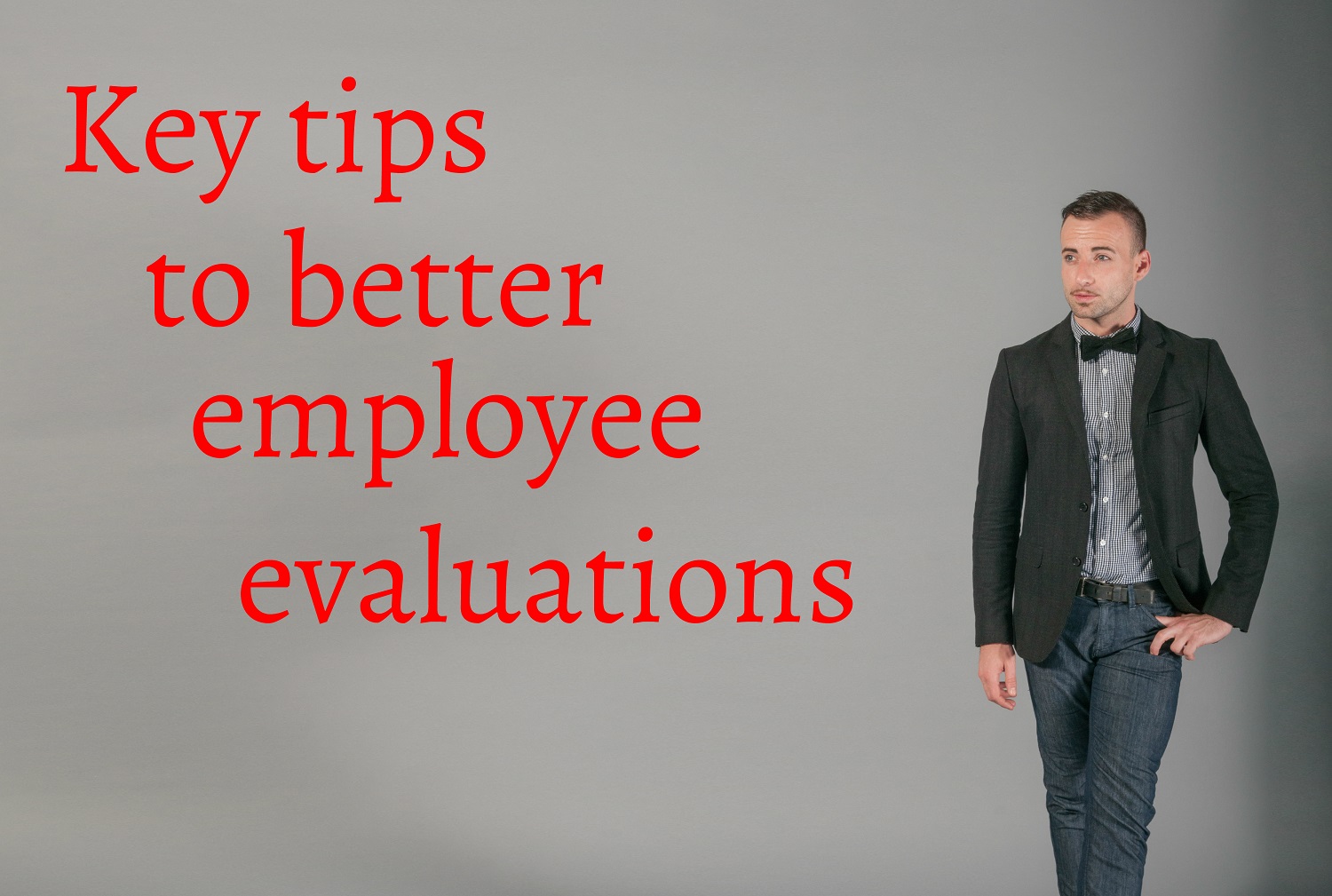Utter the two words, “employee evaluations” and everyone in the office will let out a collective groan in despair, including the boss. Nobody looks forward to these periodic evaluations detailing productivity levels as people can develop anger, resentment and demoralised feelings based on what is said by their manager. In time, both employees and managers look at employee evaluations as a useless endeavour to pursue as it takes away time and effort that can be better spent somewhere else.
Why employee evaluations are a struggle
Often, the employee assessment itself isn’t the problem. It is how the management approaches the process. Instead of looking at the evaluation in a negative light, a manager should think of it as a beneficial approach in building on an employee’s positive work ethics.
It gives you the opportunity to point out ways for employees to improve while discussing plans of action for the employees to use to build on their careers. While the evaluation should not exclude bad behaviour and there should be clearly defined repercussions if this conduct continues, it should not gloss over the achievements that the employee has made throughout the year. You can effectively boost their motivation levels so that they stay with the company and continue to do exceptional work.
How to conduct better evaluations
Before sitting down with an employee, you need to determine if you have all the information to make the evaluation effective. A lack of clear direction can have you guessing on how to proceed, cause delays and make unclear business objectives that the employee does not understand how to achieve. Here are two well proven and documented ways to have a successful employee evaluation.
- Establish defined objectives: Not only should the employee understand the small business objectives you have created for your operations, you should know what the objectives are for the employee. What skills and experience are they trying to build to create a successful career for themselves?
- Don’t skip on documenting changes in work productivity: It is easy to forget or brush over trangressions throughout the busy year. If you stop to document all instances that you want to touch on during the evaluation, it prevents having arguments with the employee during the meeting. Also, take the time to note all the achievements and milestones the employee has made. By recognizing their positive work behaviour, the employee will feel more appreciated as this will increase morale.
Employee evaluations do not have to be a grueling process. The best way to tackle them is to have clear objectives in mind, provide feedback consistently throughout the year, and then let employees know where they are excelling or failing in their work productivity. Concise and meaningful communication with employees will make the evaluation easier.
So, to better manage employee evaluations, lay down the groundwork on what you want your employees to achieve, and base your results on how well they have responded to your business objectives. Also, keep in mind that struggling employees rely on your management techniques to help them get through rough times. So include in the evaluation a plan of action for the employee to pursue.




